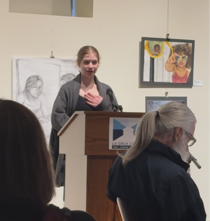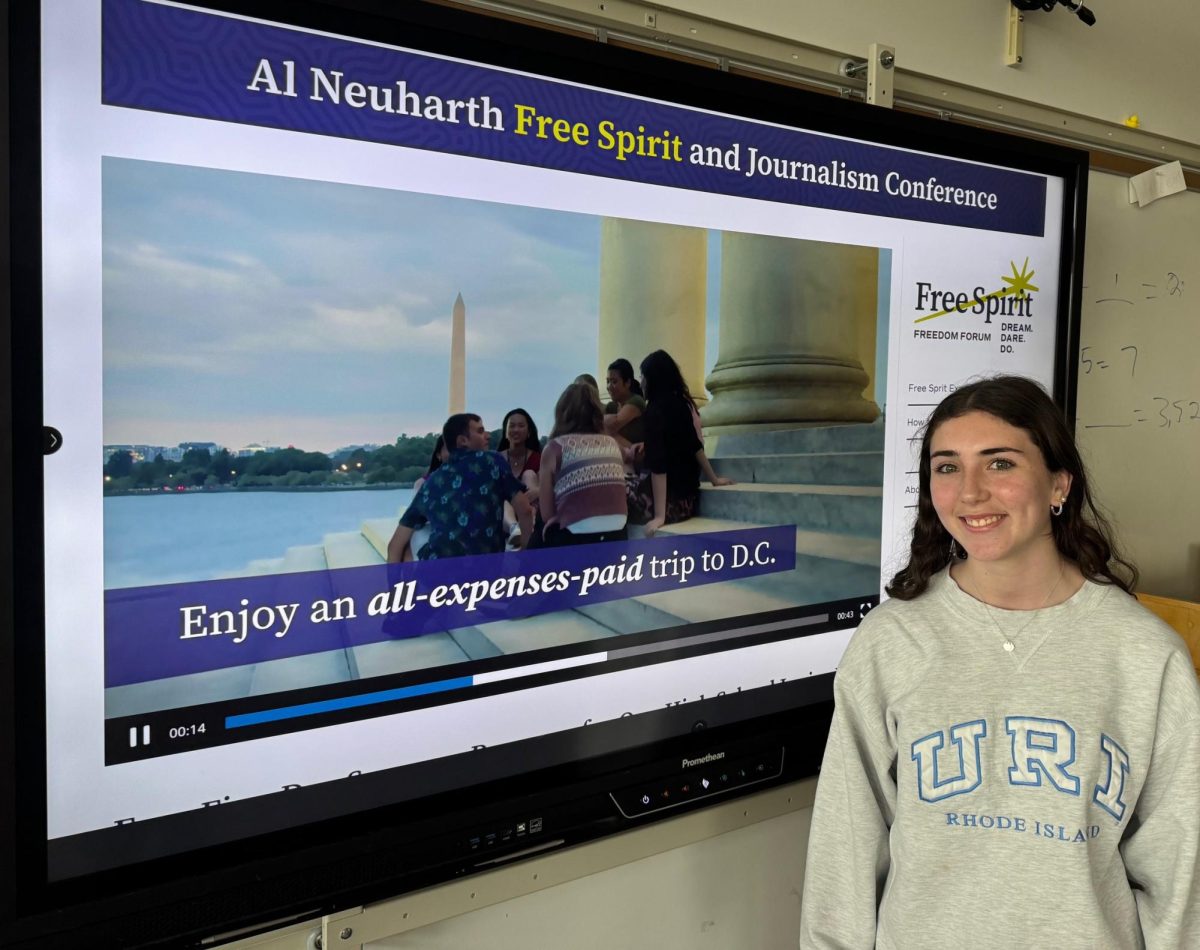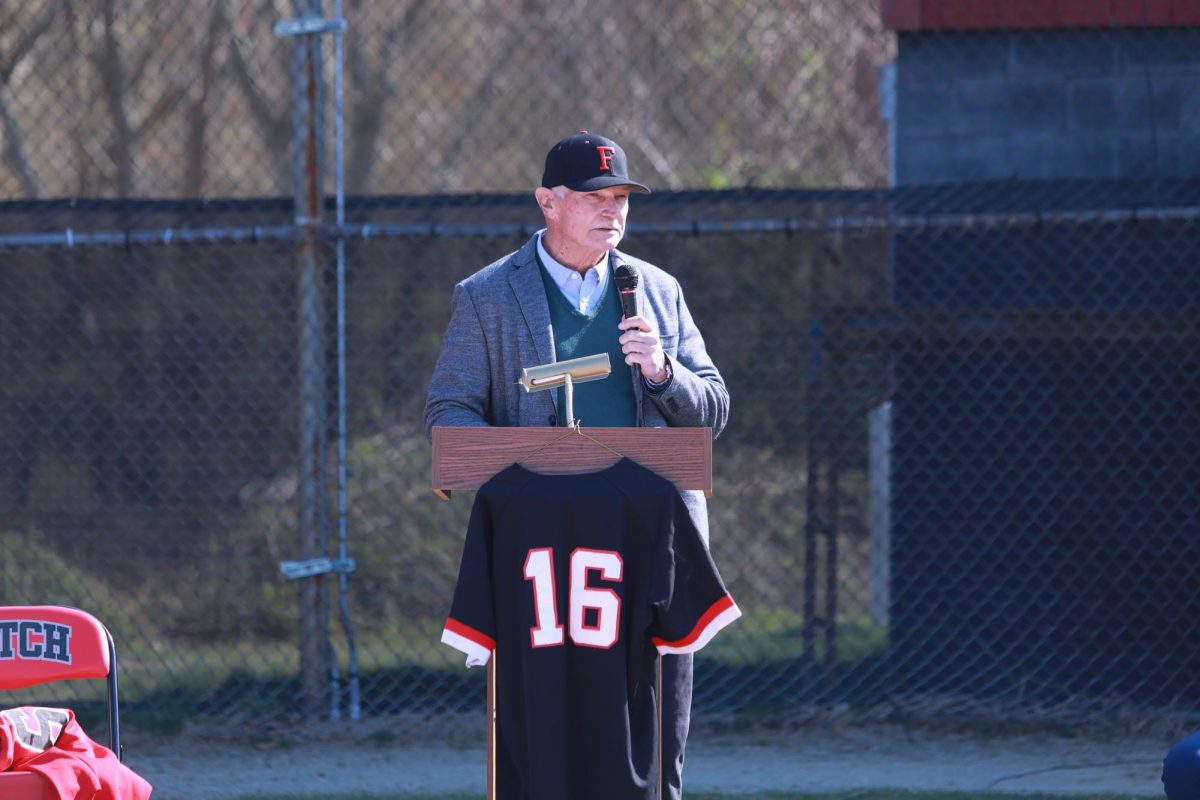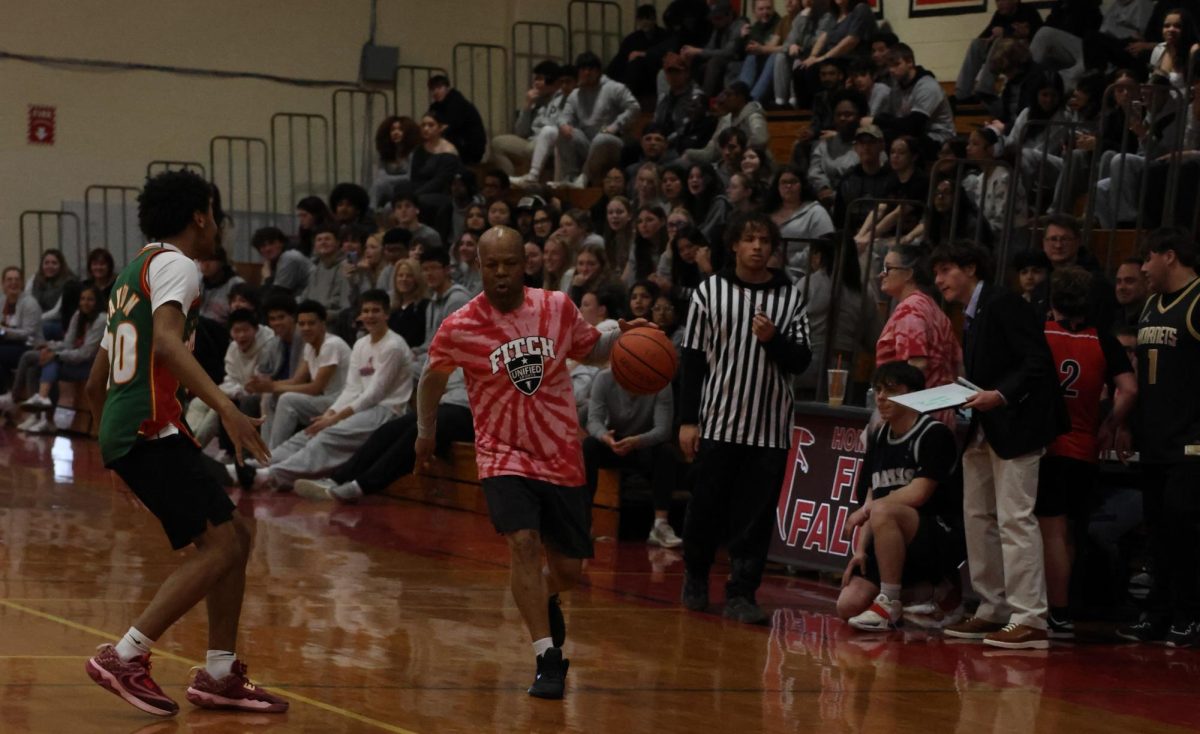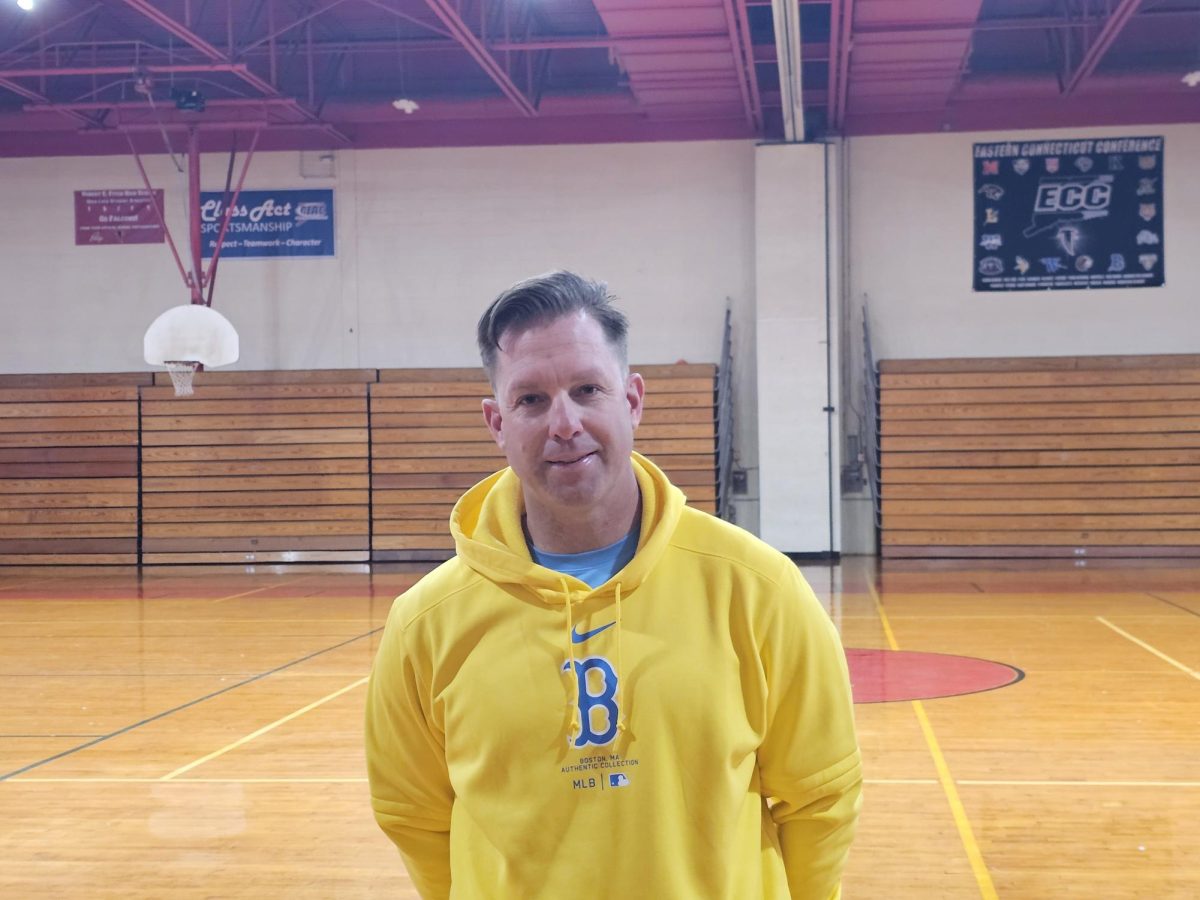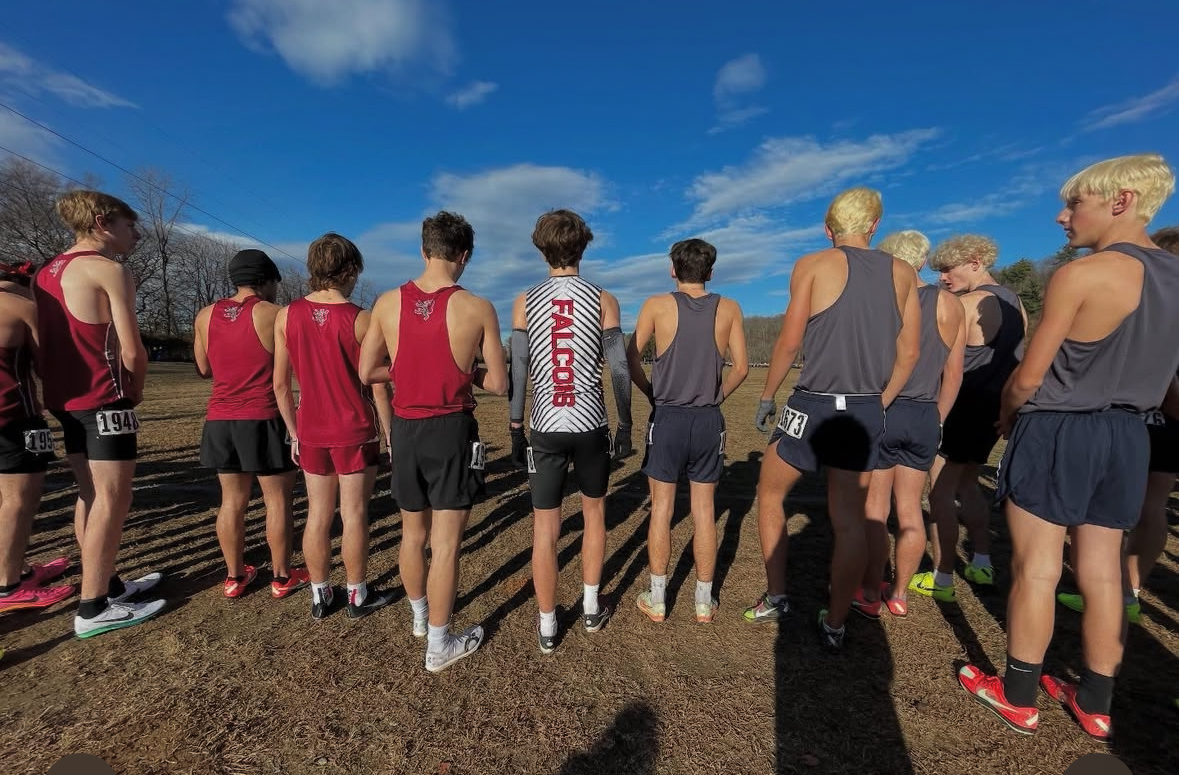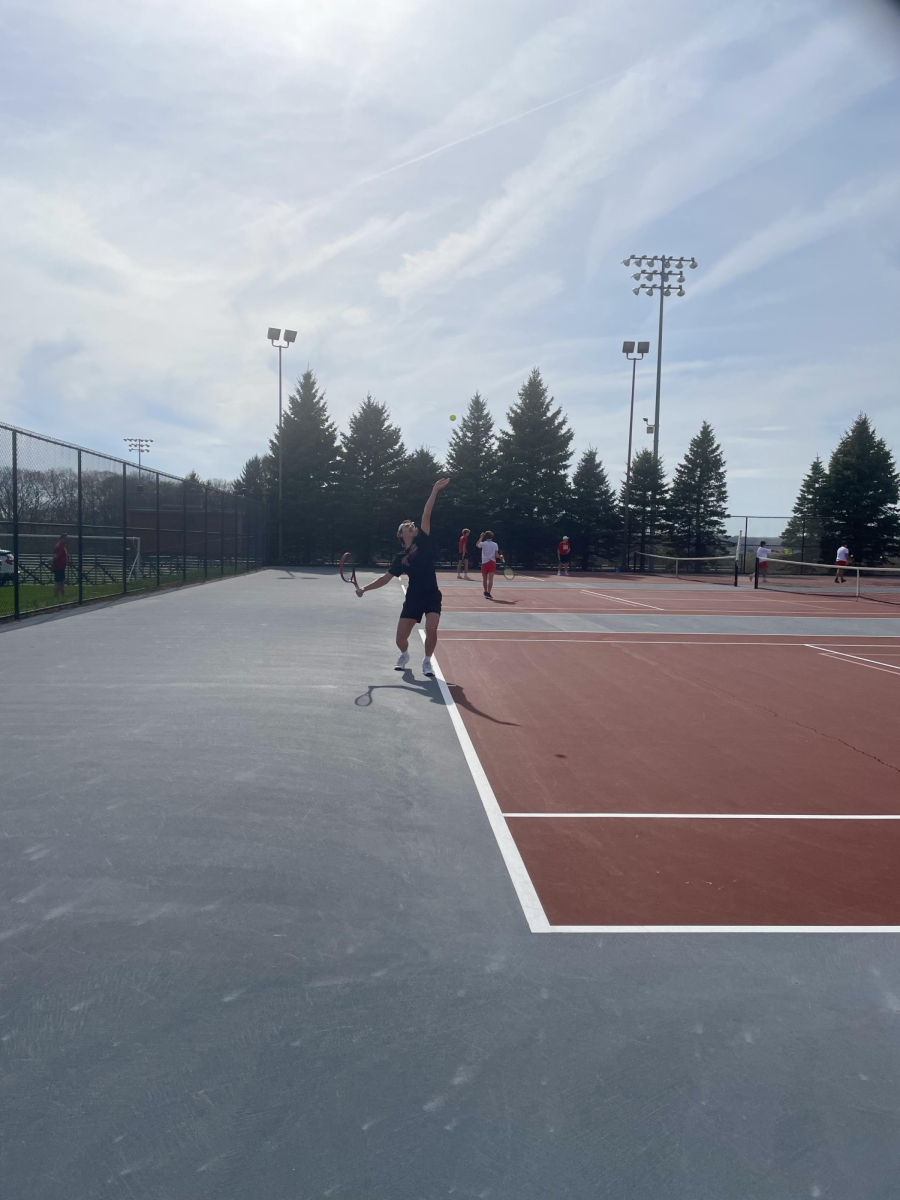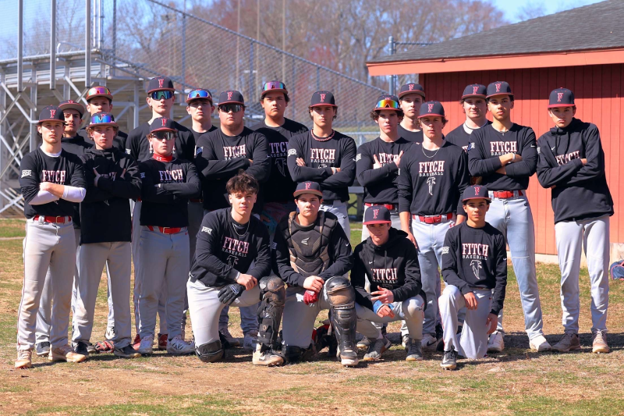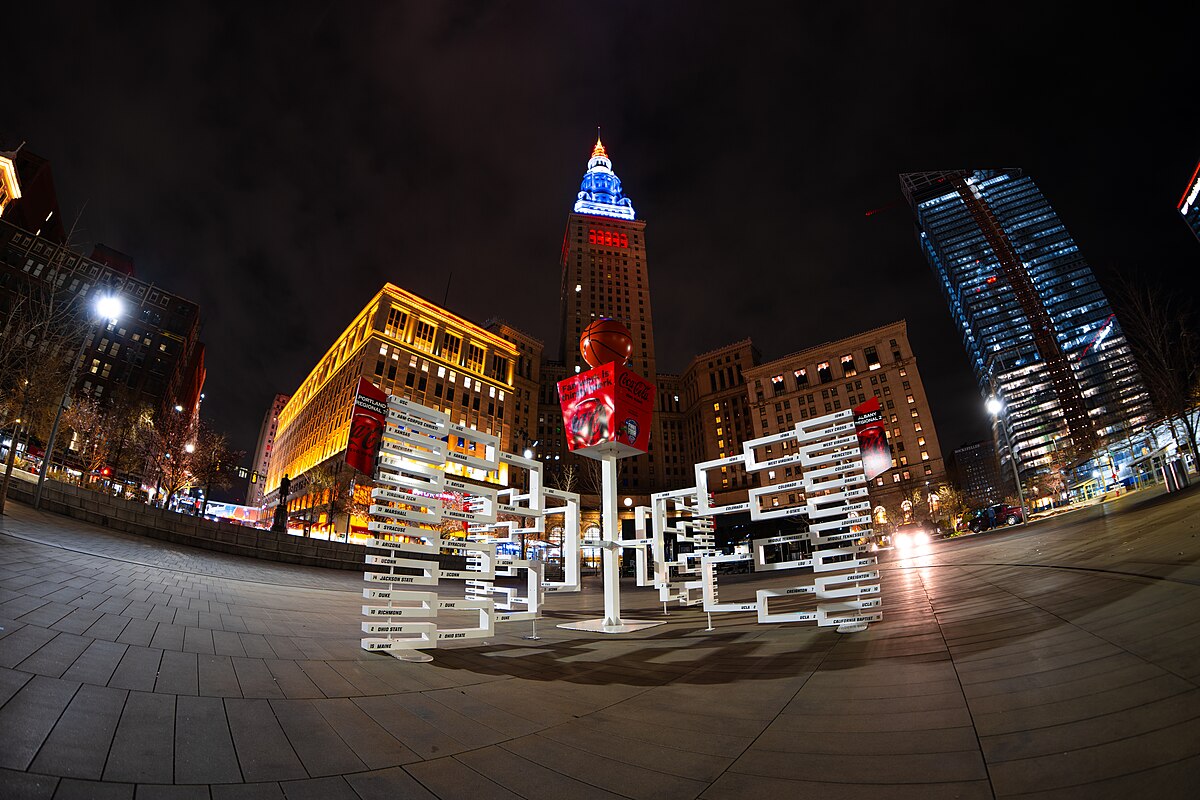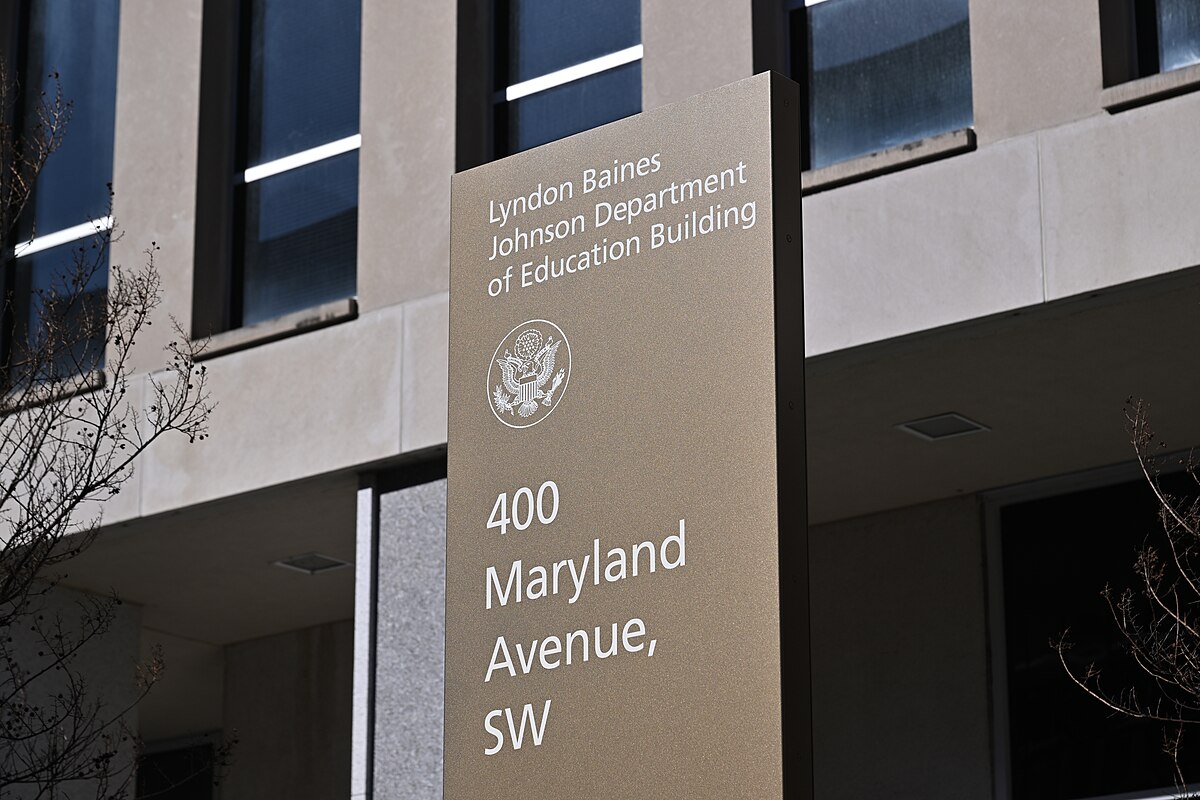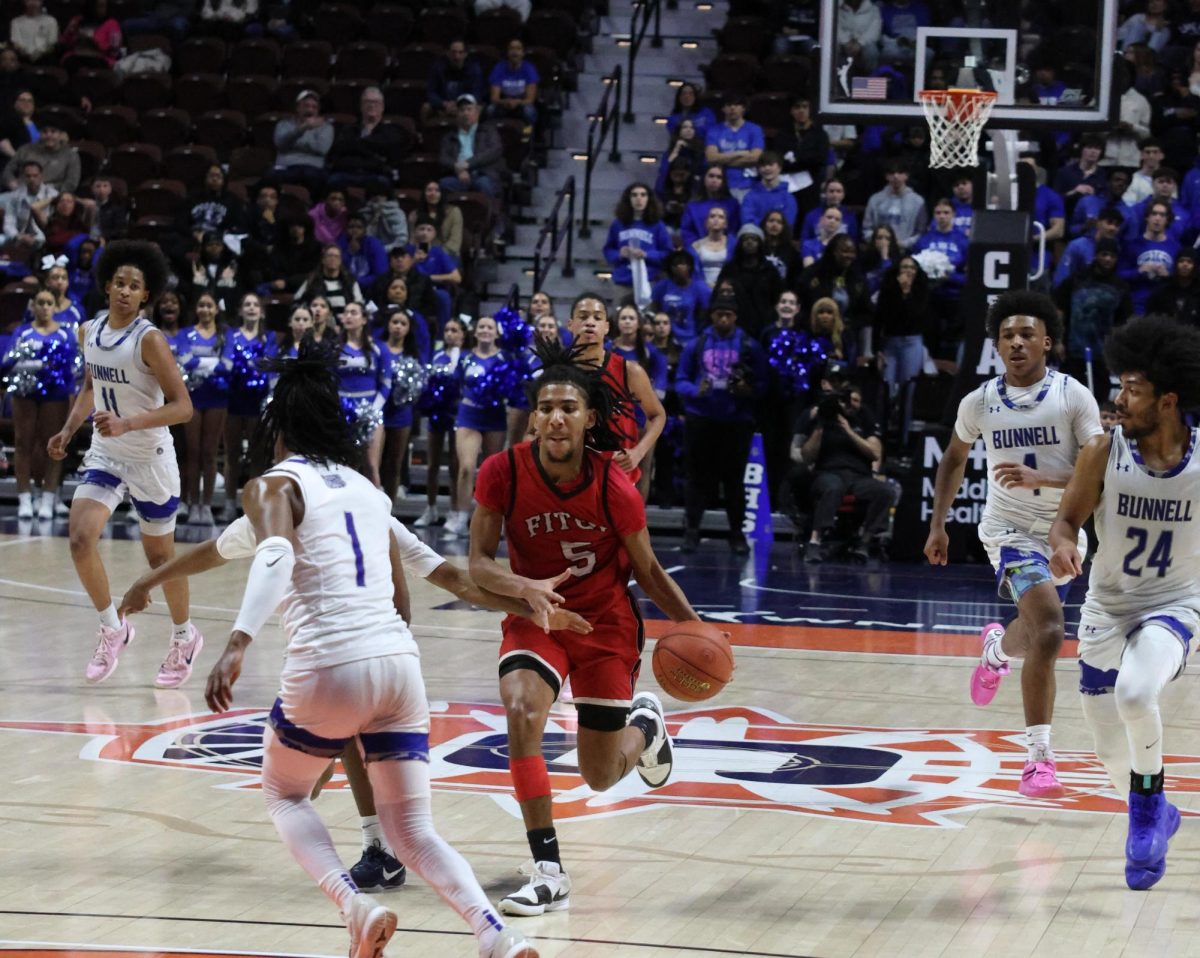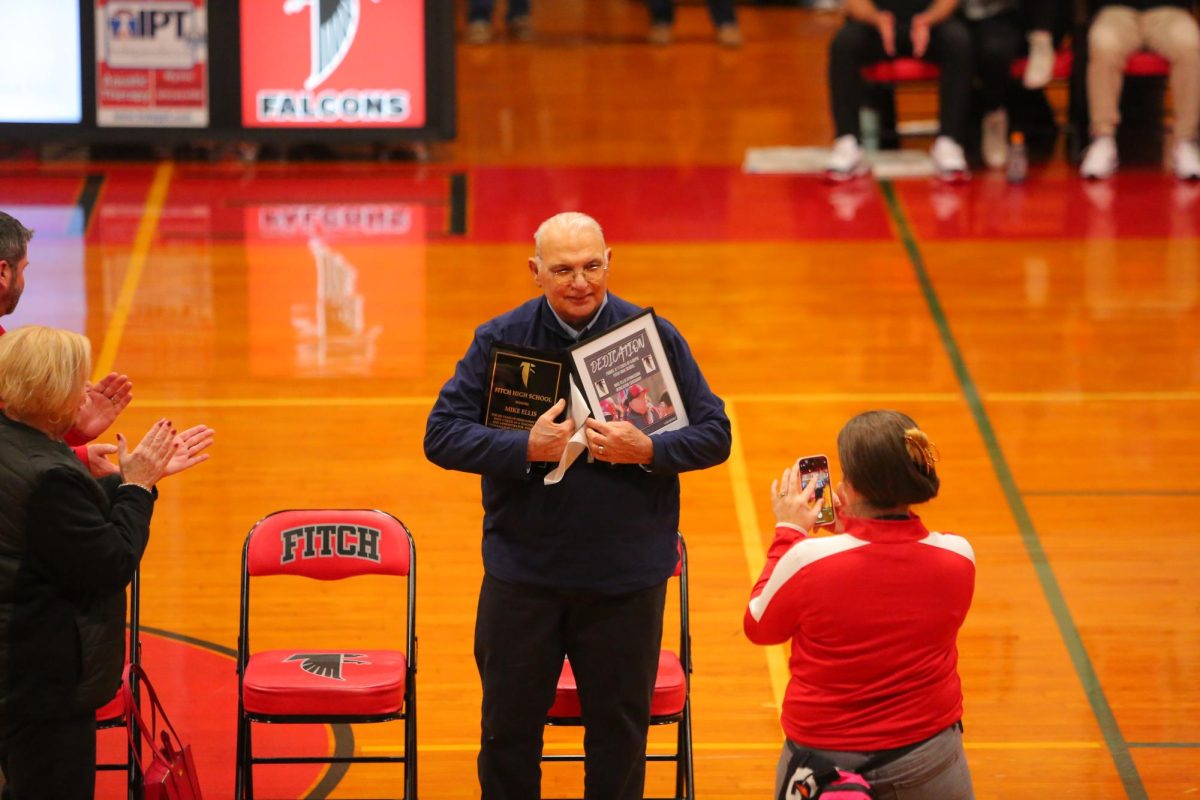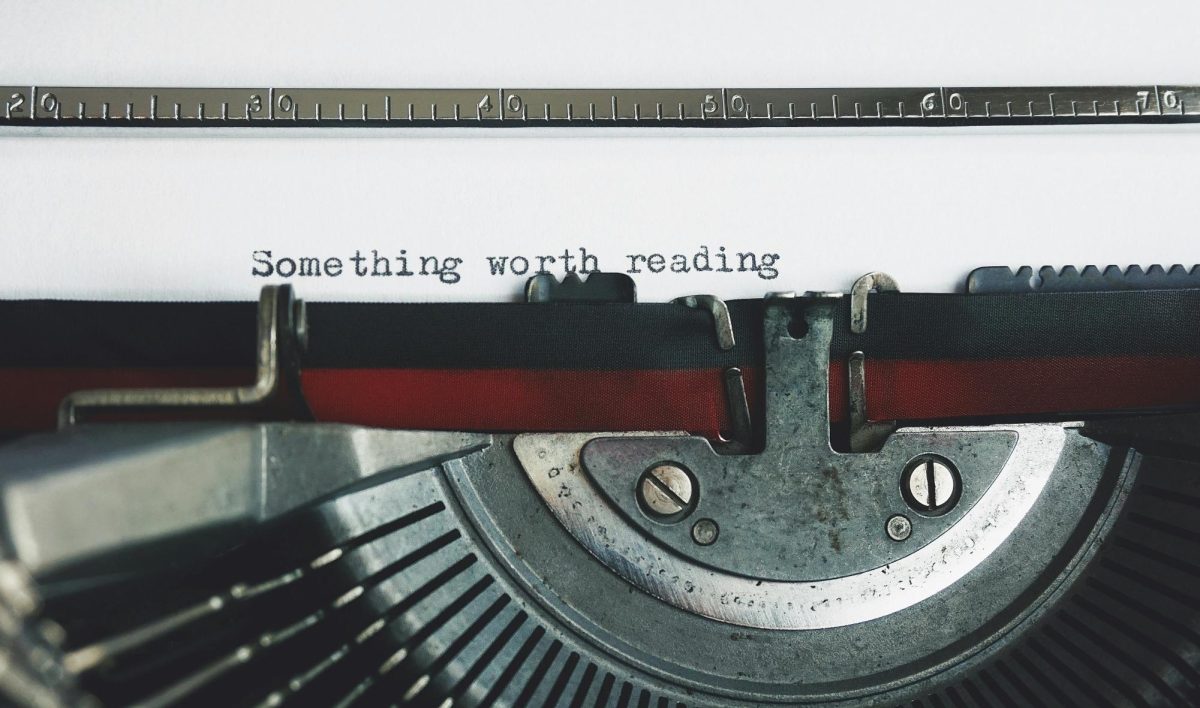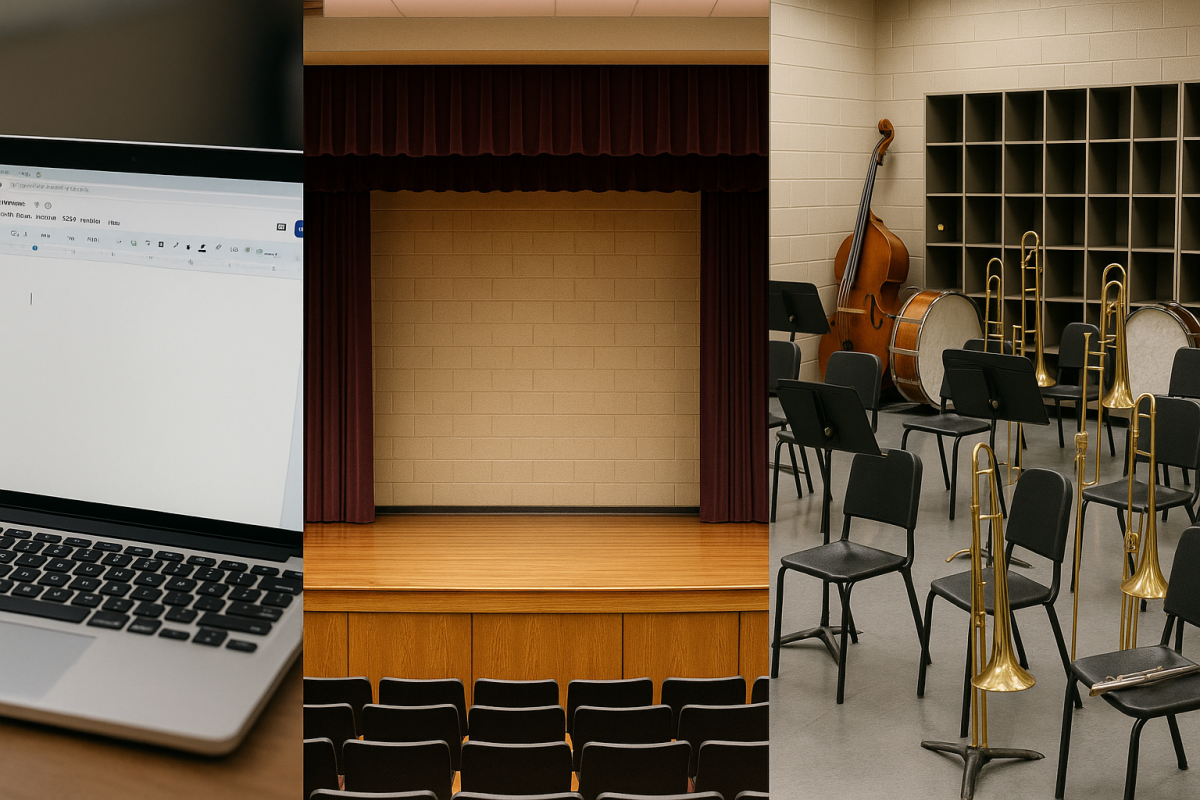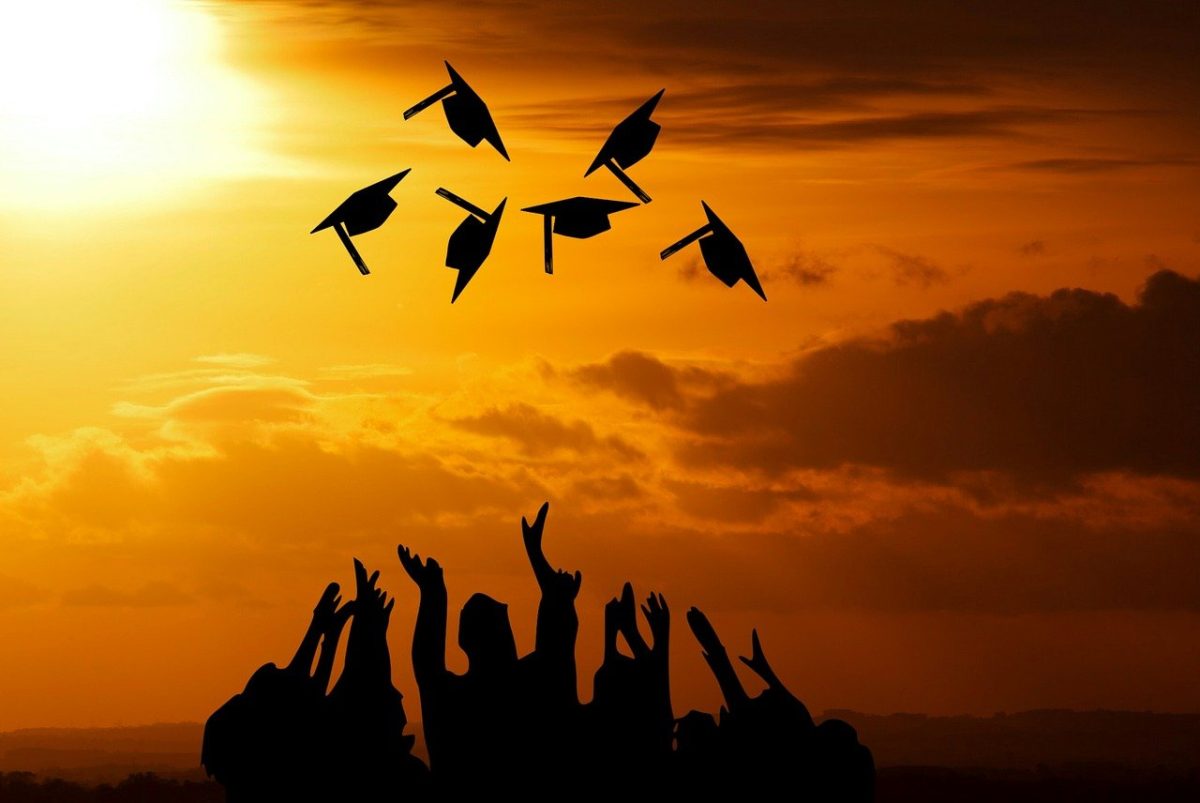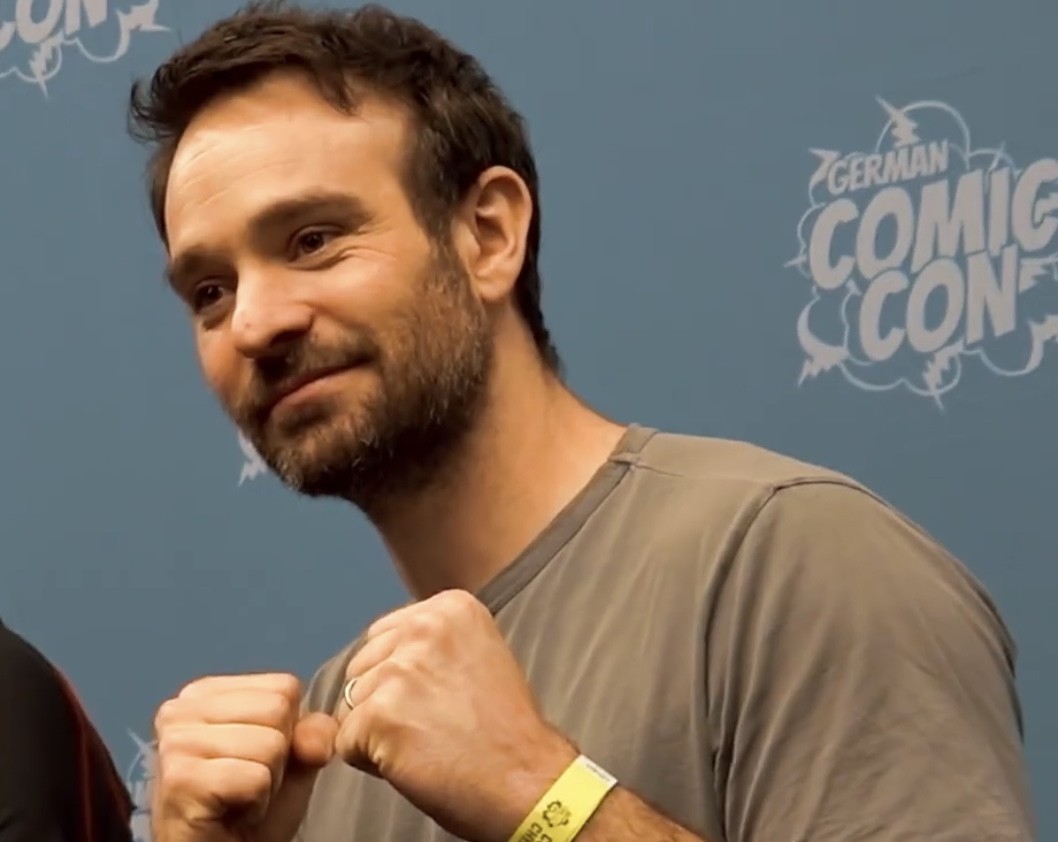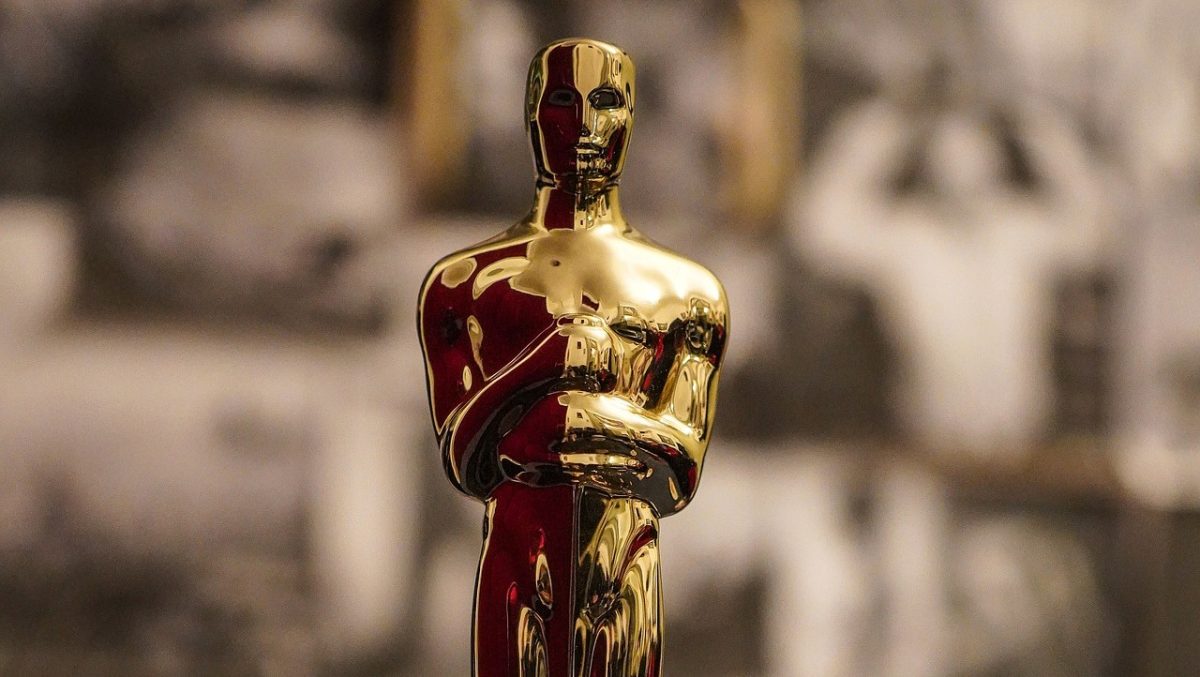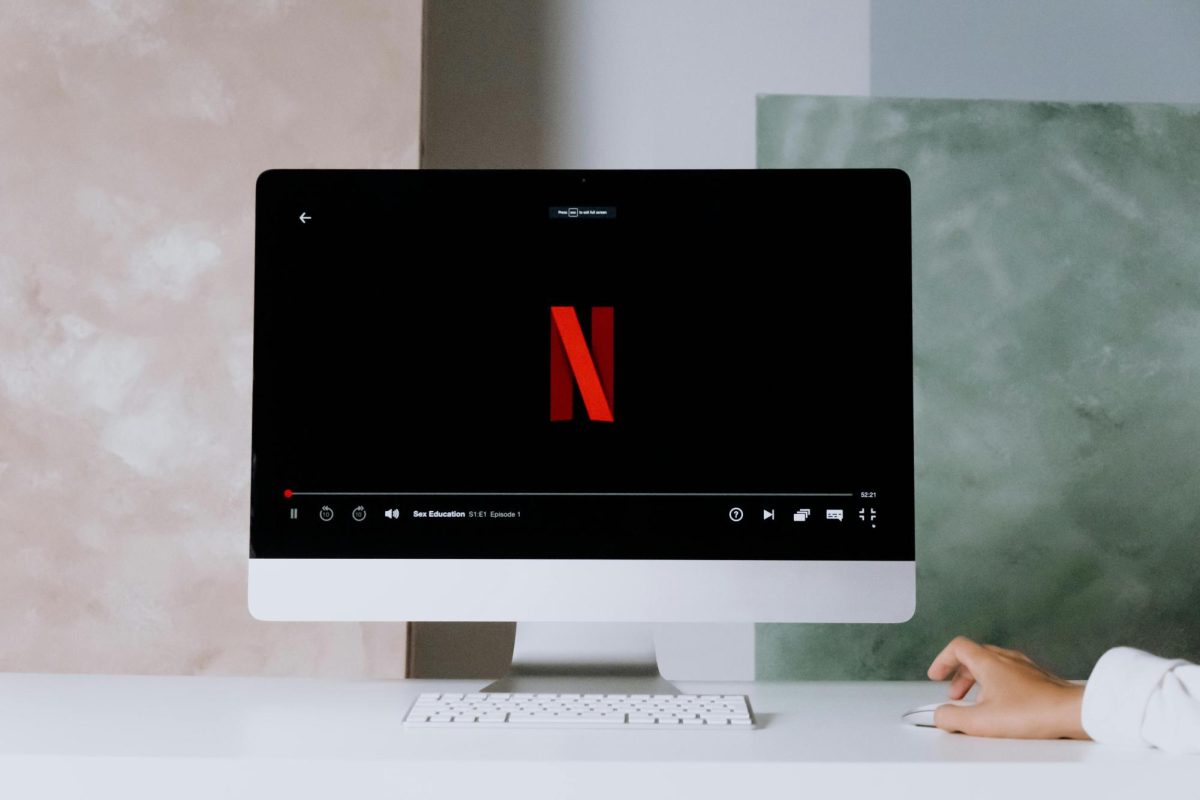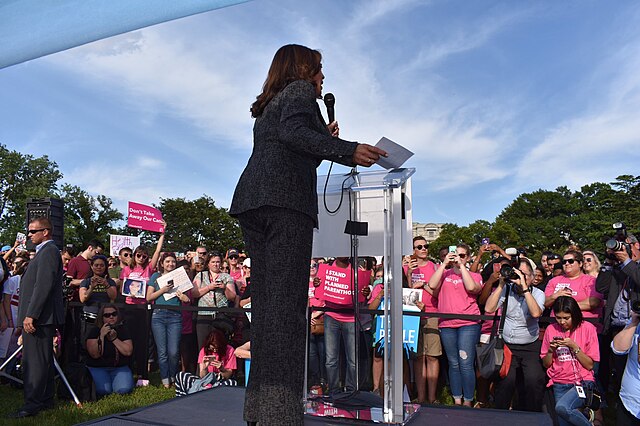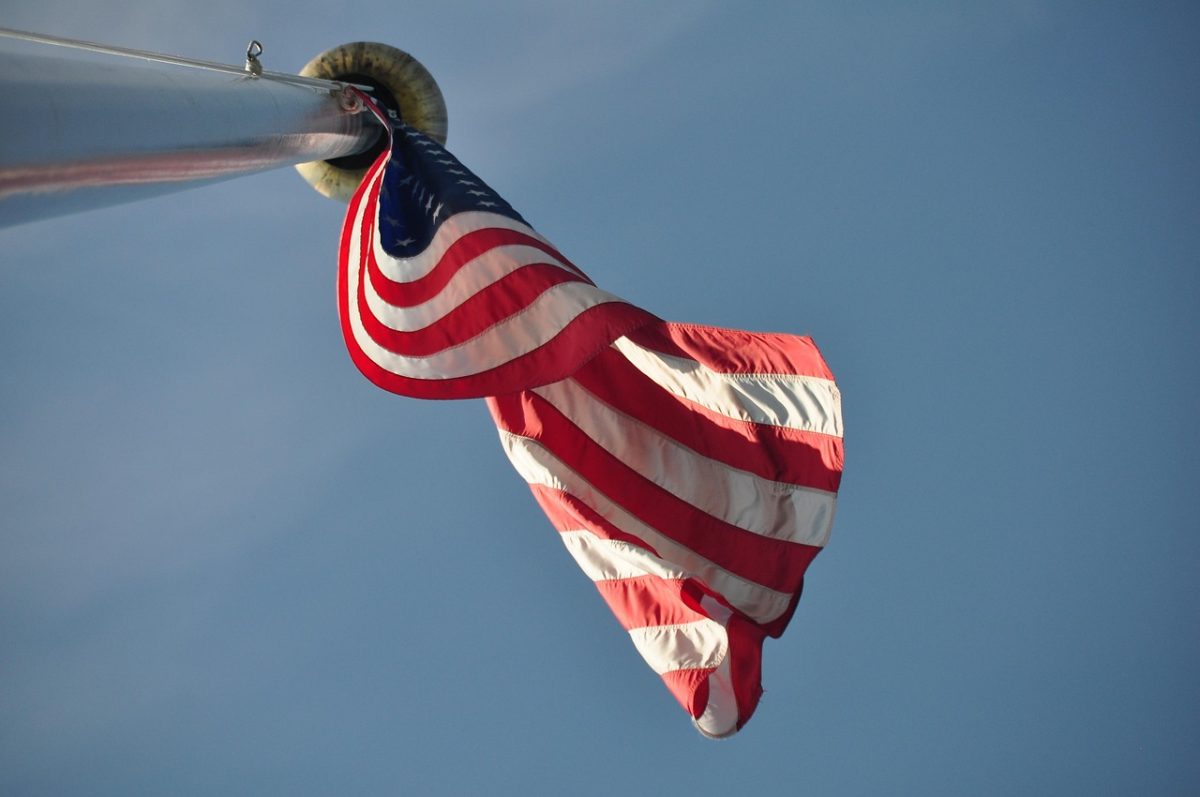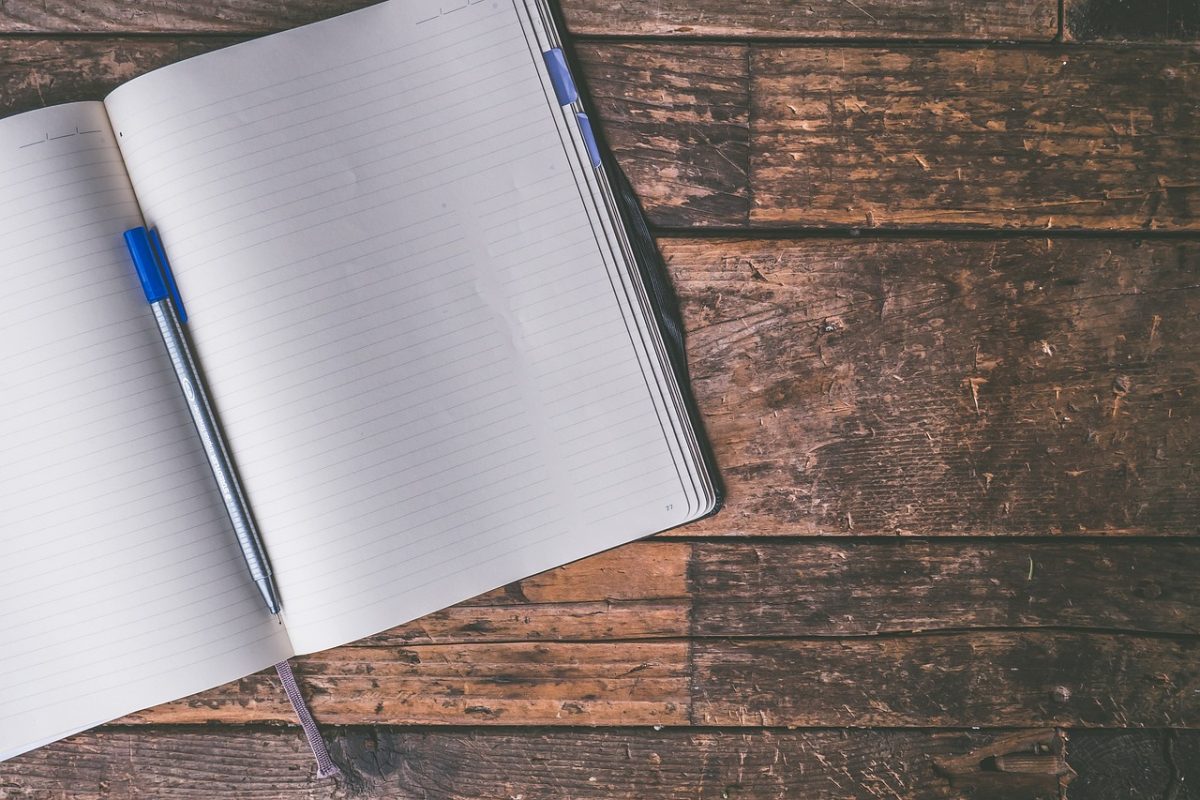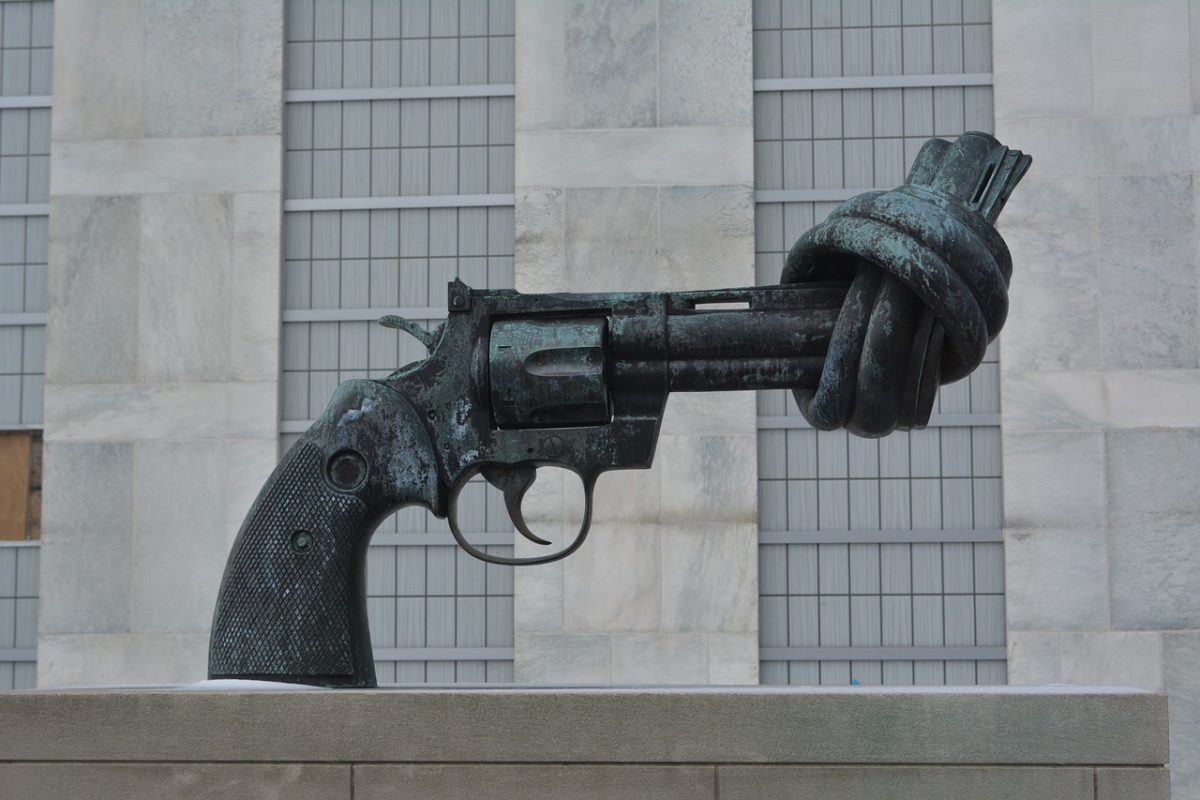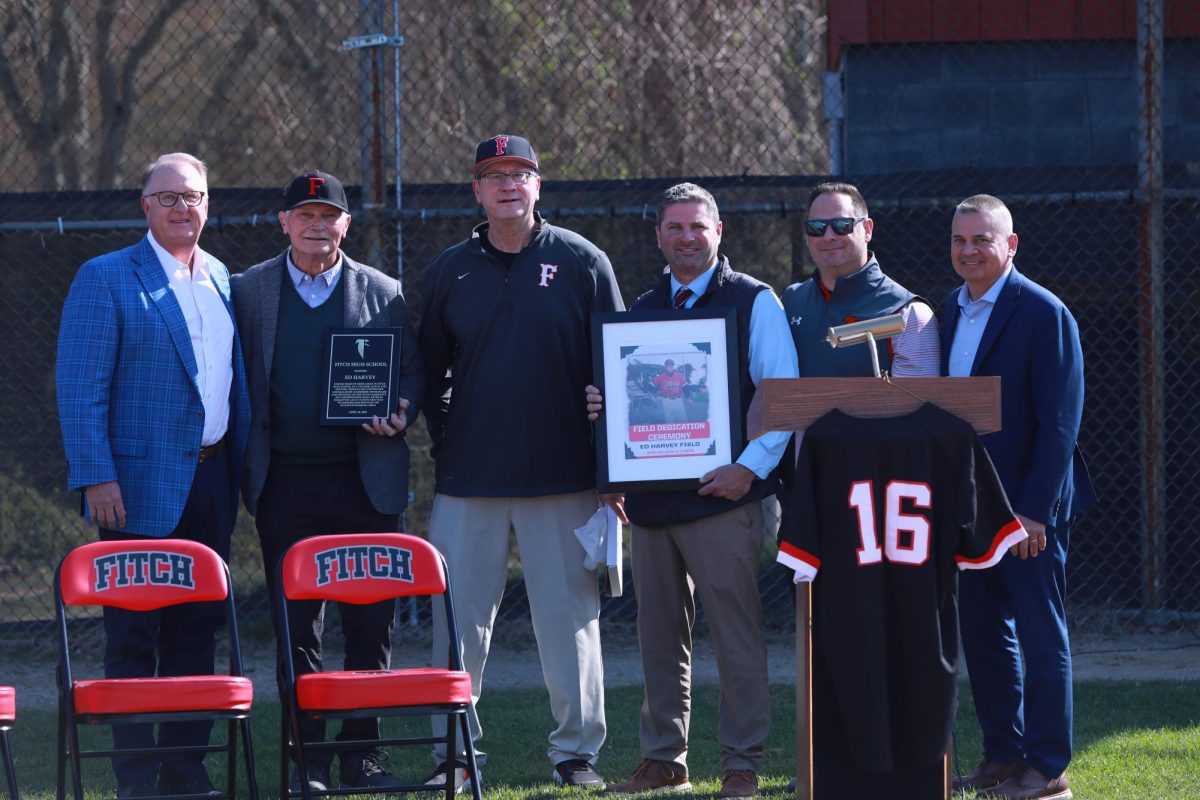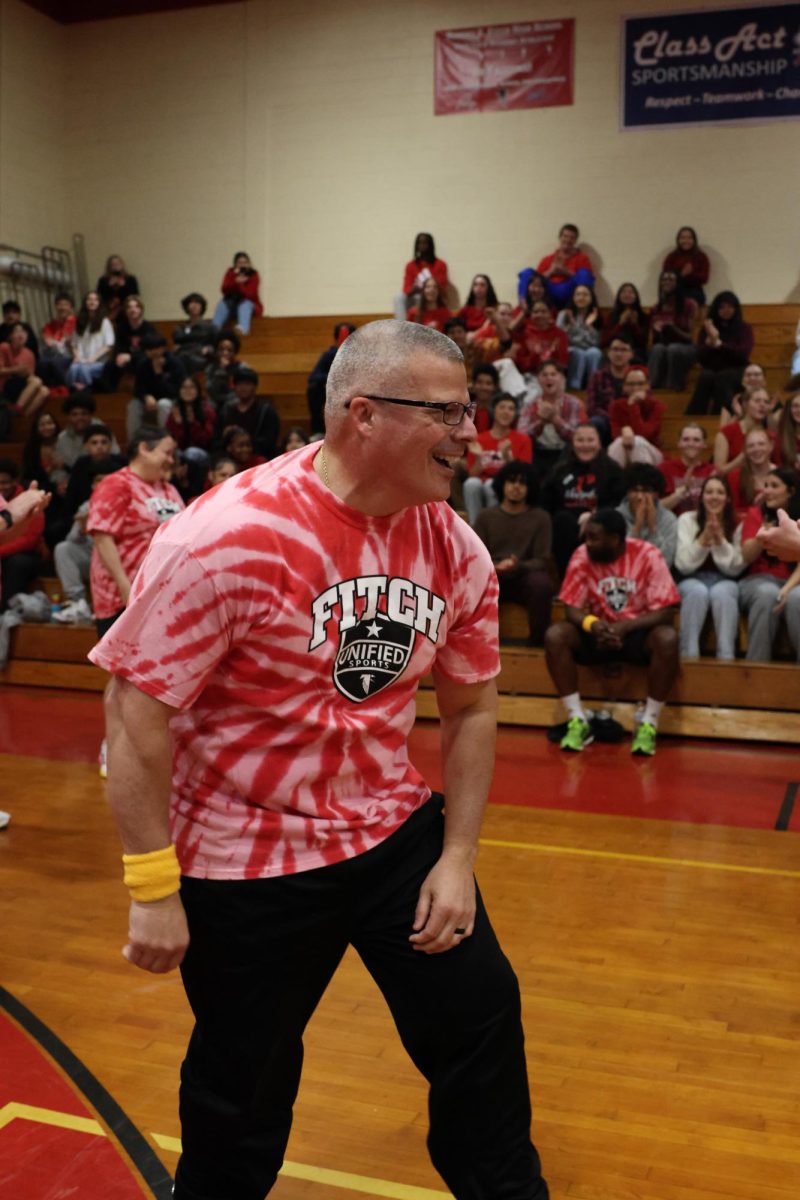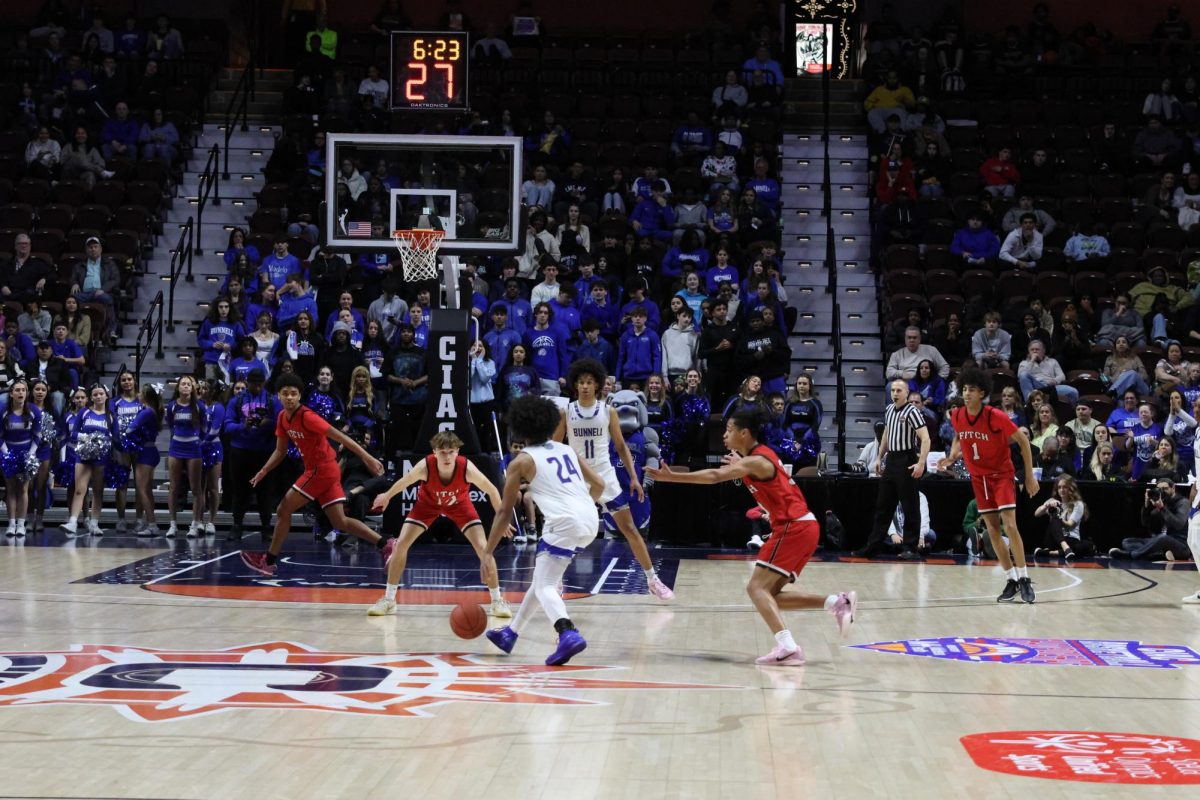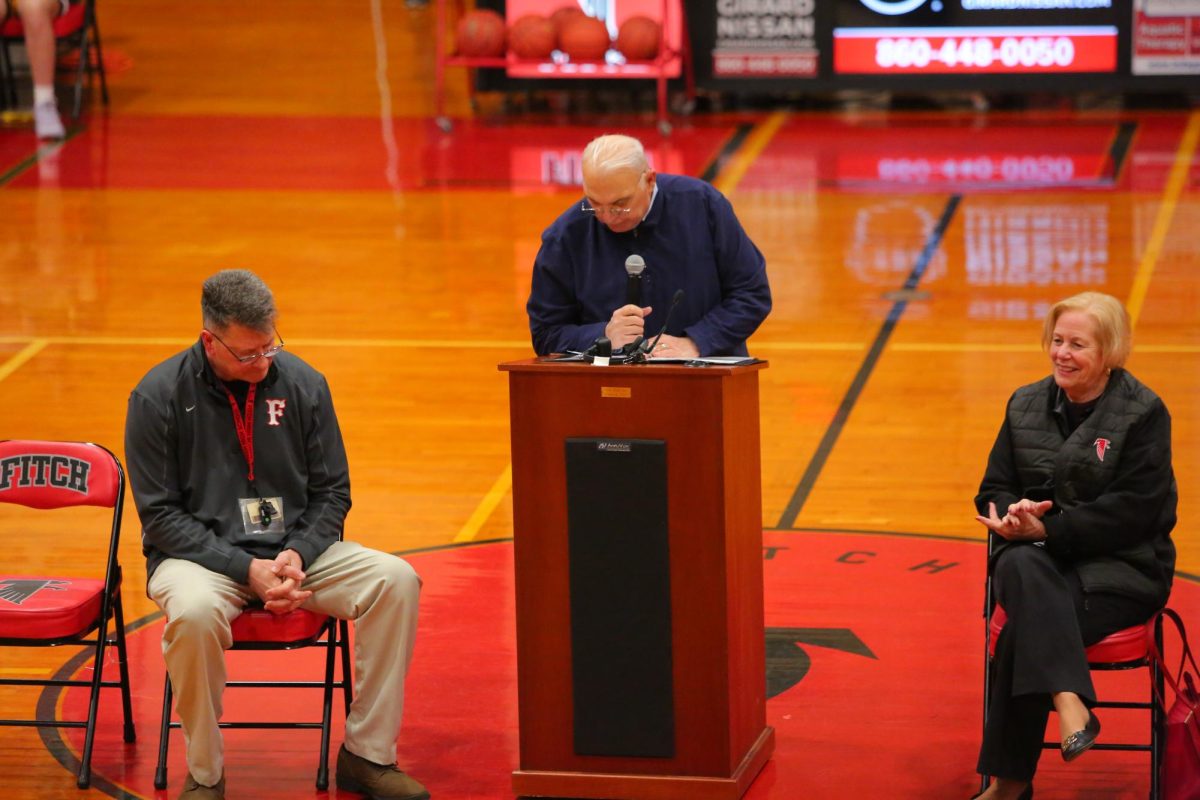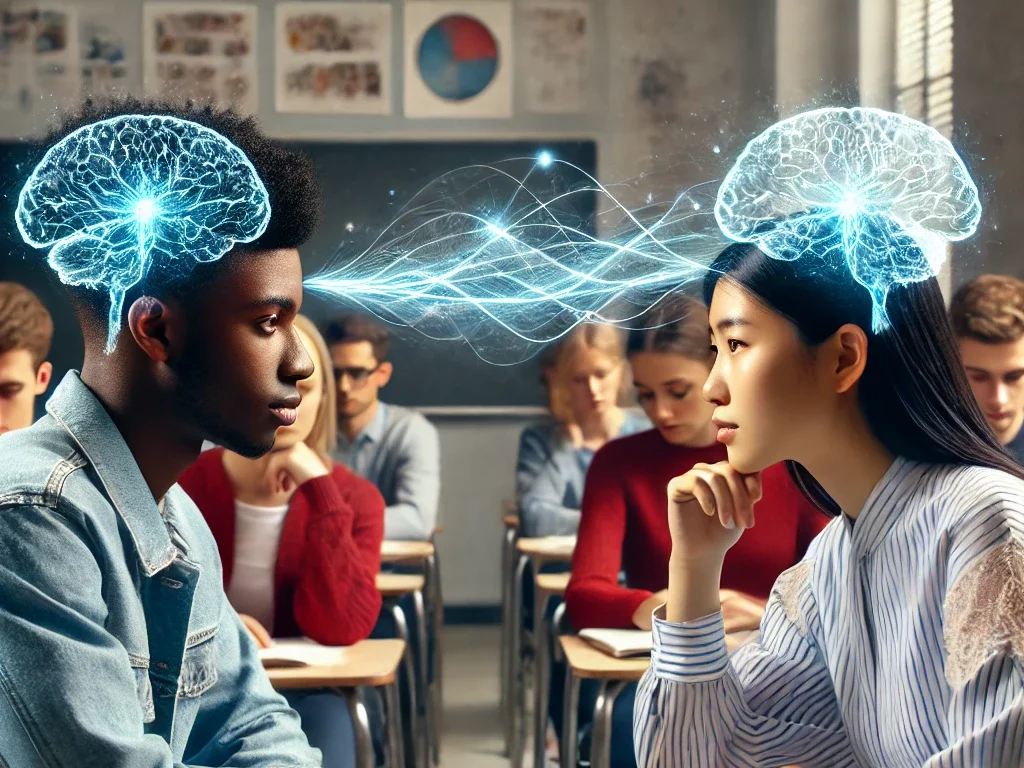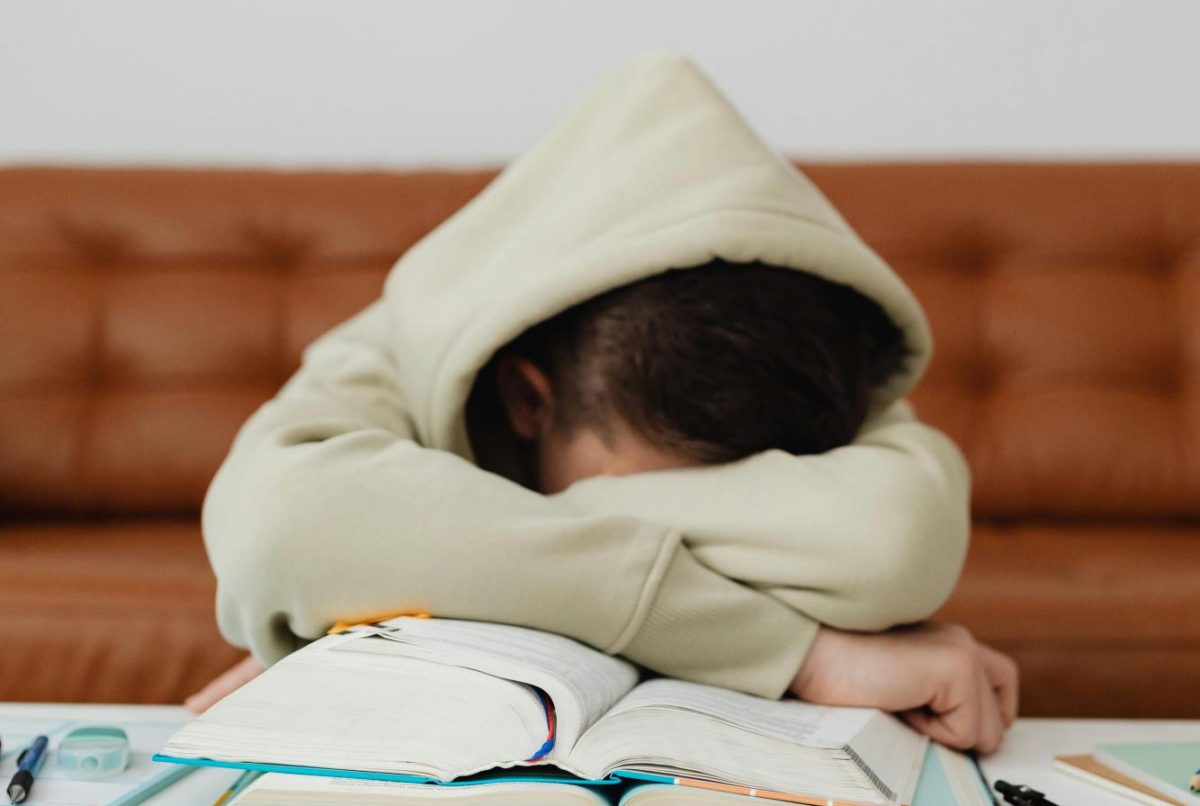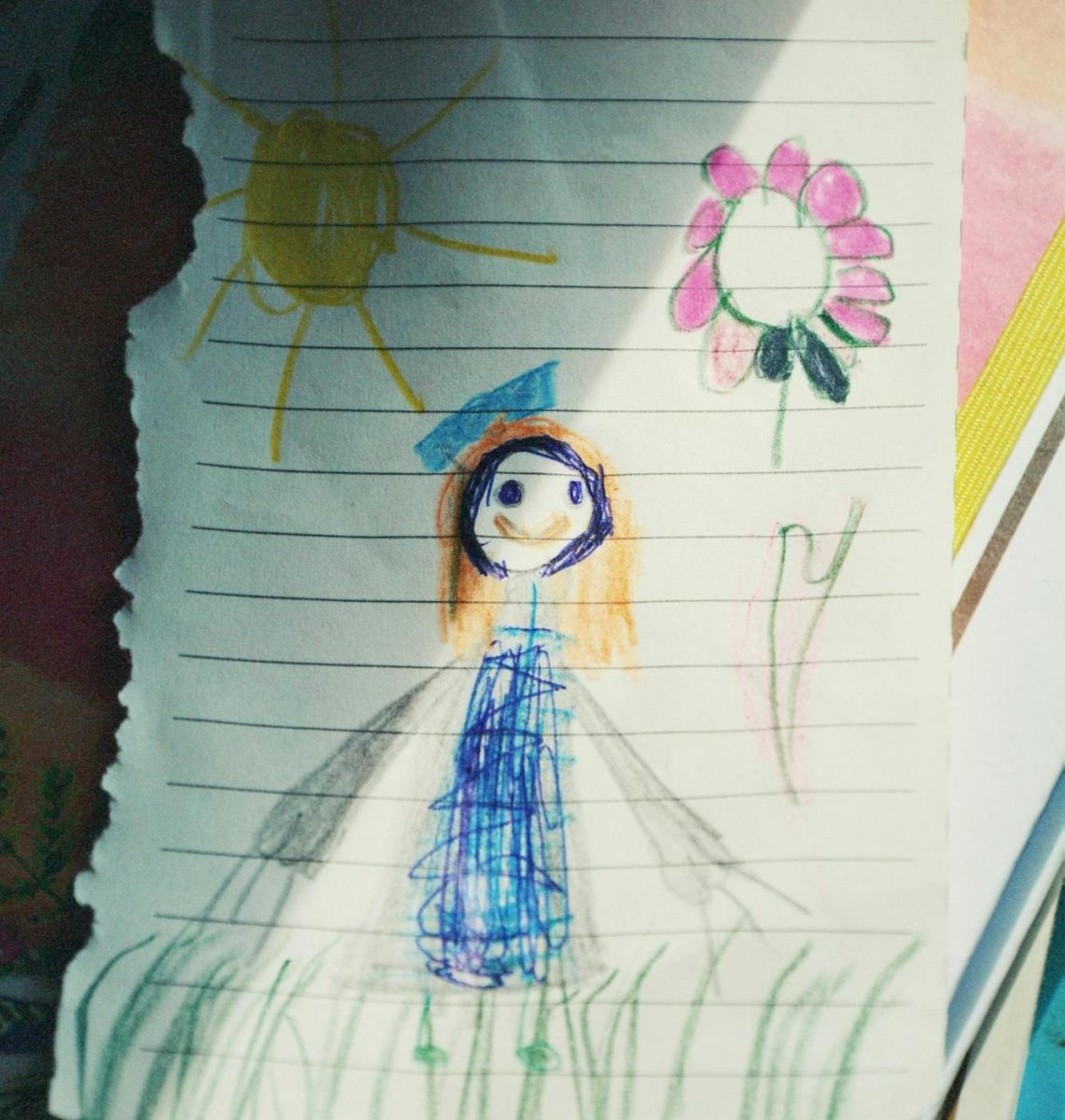A deeper look into the history of racial injustices and police brutality in America
June 16, 2021
Looking back through the history of America, racism and discrimination have always existed in this country. Some examples of where this can be exemplified are within the media, sports, education and and other sectors of public life. The U.S. has even had a Civil War, in part to try to put an end to racial injustices. Light has been brought to the problem of racial inequality many times, but never addressed publicly to the scale that it has
been in 2021, and so far, many feel that the outcome has always been the same. People who do not recognize the hate they spread and are blinded by the ignorance of belief that their race is superior have spread discrimination over the years through many generations. The blatant disregard for the feelings and basic human rights among races, cultures, and ethnicities has been recognized and openly called out. Sports teams, entertainers, and movie-stars around the world have been joining activists by using their platform and voices to speak out against police brutality and systematic racism.
While people have been fighting back against police brutality and racism for hundreds of years, there have been many breakthroughs and accomplishments for the African-American community, and other ethnicities who have been faced with this oppression. Time and time again the government, law enforcement, and people of America have tried to silence powerful black voices and people who have a platform on social media and the sports industry. In 2020 people have started to see change–not enough, but a start to a very long road. On May 25th 2020, George Floyd, a 46-year old African-American man, was murdered by an officer while two other officers looked on. The main officer, Derek Micheal Chauvin, kneeled on Floyd’s neck for over seven minutes. Video footage shows Floyd crying out “I can’t breathe” , he says this repeatedly begging the officer to get off of him. Civilians tried to help Floyd, but the other officers, J. Alexander Kueng and Thomas Lane, held back those trying to assist Floyd.
Those who were quick to jump to Chauvin’s defense argued that Floyd was a bad man because he had done things in his past that had sent him to jail, but these commenters need to recognize that doesn’t justify someone’s death; he didn’t deserve to die. This, unfortunately, was only the beginning. Incidents of police brutality continued into 2020–it had always been there, but people around the world were recognizing the protests going on and the things on social media being posted. Breonna Taylor, Daniel Prude, Rayshard Brooks, Danute Wright and so many more have fallen to the hands of police brutality.
The first high-profile athlete we saw speak out recently against people being murdered as a result of systematic racism was Colin Kaepernick on August 26th, 2016, when he sat for the national anthem. “I am not going to stand up to show pride in a flag for a country that oppresses black people and people of color,” Kaepernick told NFL Media after the game Some people understood what Kaepernick was trying to do, but many, including news pundits in the media, painted him as the bad guy. Kaepernick had sat before but this was the first time it was widely covered in national news. Many tried to suppress his voice and not allow him to use his platform as a celebrity. This spurred uprising and debate about whether what he did was right or wrong, although it was a form of peaceful protest. The NFL released an official statement which clarified that the players were not required, only encouraged, to stand for the National Anthem.
On September 1st, Colin Kaepernick was joined by a friend and teammate, Eric Reid, and they protested for the remainder of that season by kneeling instead of sitting. Nate Boyer said to Kaepernick, “Soldiers take a knee in front of a fallen brother’s grave, you know, to show respect. When we’re on a patrol, you know, and we go into a security halt, we take a knee, and we pull security.” The NFL quickly switched their stance once then-President Donald Trump and Vice President Mike Pence got involved, saying how it was disrespectful to the soldiers who fought for the country and said that anyone who doesn’t stand for the national anthem should be fired. In years following, other football players joined the protest even with Kaepernick not being present, as he opted out of the team on March 1st, 2016.
Colin Kaepernick remains an active protester and free agent today. This is just one example of people in the sports industry’s voices being silenced, as mainstream media have consistently attempted to keep controversy and personal beliefs, values and morals out of the eyes of the general public. After George Floyd’s death the NFL has spoken out against police brutality and many have taken note of the irony after Kaepernick’s attempt to peacefully protest for something bigger than himself, “With the current support around social justice protests around the country, some people in hindsight are now saying, ‘Well, maybe we should have listened to Colin Kaepernick.’ But, Kaepernick still doesn’t have a job. He was trying to do it peacefully and he was ostracized. They pushed him out.” says Charmin Smith, the coach of UC-Berkeley Women’s basketball.
The death of George Floyd certainly sparked a movement among the people of America. Many had enough of hearing about hate crimes in the news, and, even worse, not hearing about them in the news. People all across the nation protested with signs reading, “No justice, No peace”. There were riots during the early months of 2020, and people who were against the BLM movement said, ‘well why not peacefully protest’, again many found this ironic as peaceful protests had already been attempted, Colin Kaepernick being one of many examples. Sports teams acknowledge Kaepernick for his efforts, now following in his footsteps. On August 25th, Doc Rivers, a former NBA player, talked about Donald Trump and in the media’s eyes attempted to ‘expose’ him. He said “All you hear is Donald Trump and all of them talking about fear,” Rivers said. “We’re the ones getting killed. We’re the ones getting shot. We’re the ones denied to live in certain communities.” He continued on to explain how BLM protesters were mistreated, tear gassed, beaten and arrested while white anti-mask protesters mistreated the cops and were not treated with the same hostilities. Rivers’ speech was so widespread that in fact that same afternoon the Milwaukee Bucks refused to play in their playoffs to protest the injustices.
Only hours later, the other teams scheduled to play in the play-offs refused to take to the court as well. “Our fight for justice, equality, equity and respect will be heard and will be met. Our fight for our lives and freedom will no longer be up for debate! We will not be silenced!” wrote Sterling Brown who plays for the Bucks. In yet another example of players not being allowed their right to freedom of speech, LeBron James tried to talk about politics and
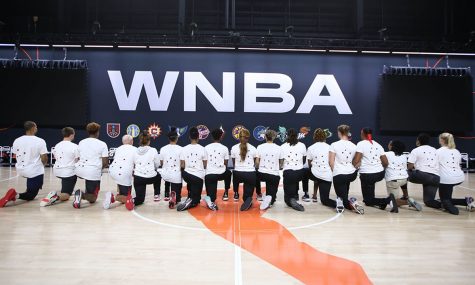
criticize Donald Trump but was told to, “Shut up and dribble ” by Laura Ingraham, a conservative television host. By contrast, when Drew Brees, a white football player, said that it’s disrespectful to sit for the national anthem, he was applauded and even encouraged to use his platform to further spread his message. Many WNBA teams played the season with hesitations after all the protests and incidents, citing the fact that African-American sports players were being oppressed, however, most agreed to play after the league agreed to let them wear BLM shirts as a way to honor or remember the African-American lives lost. They paint the courts with BLM as well. This was a monumental moment in society, and the celebrity world of athletes. It showed the world, and even showed people in America that everyone’s voice mattered, all the way from a normal income family of 4, to someone with millions of fans. Everyone can make a difference, no voice is too quiet.

